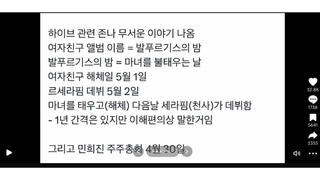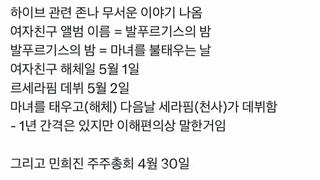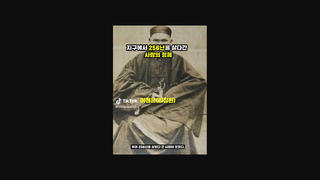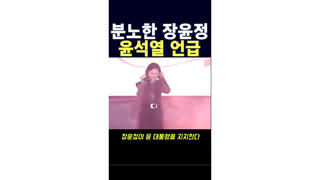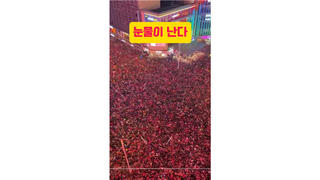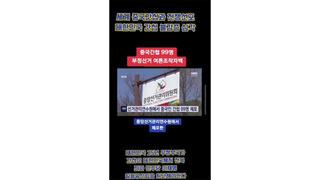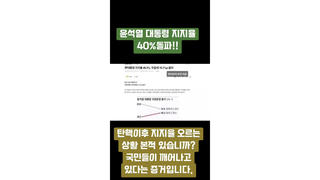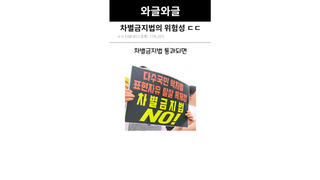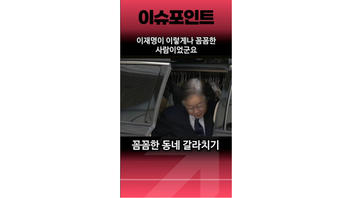
Did Lee Jae-myung gerrymander his constituency for the upcoming parliamentary election in April 2024? No, that's not true: It is the National Election Committee's decision, approved by Parliament with some adjustments.
The claim originated from a video (archived here) by @issuepoint (archived here) on TikTok on March 3, 2024, under the title (translated from Korean into English by Lead Stories staff): "Lee Jae-myung's sneaky divide and rule on his constituency." It opened (as translated):
In his constituency, he tossed some neighborhoods with more People Power Party votes than the Democratic Party votes, to Gyeyang-gu Gap constituency.
This is what the post looked like on TikTok at the time of writing:
(Source: TikTok screenshot taken on Fri Mar 22 01:39:54 2024 UTC)
In the upcoming 2024 parliamentary election, Lee Jae-myung, leader of the Democratic Party, is set to contest the electorate seat for the Gyeyang-gu Eul, Incheon (archived here). This marks his second bid for the same constituency (archived here), albeit with a minor alteration in its boundaries. The Gyeyang-gu district of Incheon Metropolitan City now features two electorate seats, split between Gyeyang-gu Gap and Gyeyang-gu Eul constituencies. The border adjustment between these constituencies has stirred controversy, with some alleging it to be a move favoring Lee Jae-myung's interests, as claimed in a video.
The assertion is demonstrably inaccurate as the border adjustment was initially recommended by the National Assembly Election Boundary Delimitation Commission (NAEBDC), an autonomous entity operating under Article 24 of the Public Official Election Act (archived here / English version archived here). In South Korea's electoral framework, the NAEBDC is responsible for revising constituencies for each parliamentary election, ensuring equitable distribution of voters. Constituencies must adhere to stringent standards, ensuring that no constituency is more than twice the size of the smallest one in terms of voter count. Based on their feedback, the Parliament only has the authority to endorse or refer the proposal back to the commission for further consideration.
The boundary modification affecting Gyeyang-gu Gap and Gyeyang-gu Eul constituencies was part of the initial proposal presented by the commission to Parliament (archived here), as well as in the second proposal (archived here). Parliament endorsed the latter on March 1, 2024. According to several local news articles (archived here and here), this adjustment was deemed necessary to uphold two electorate seats for the Gyeyang-gu district. Under the previous boundary configuration, Gyeyang-gu Gap lacked sufficient voter numbers to constitute a separate constituency. For the 2024 election, each constituency was required to have between 136,600 and 273,200 voters, as stipulated by the Constitutional Court's rule (archived here) and established by the NAEBDC.


